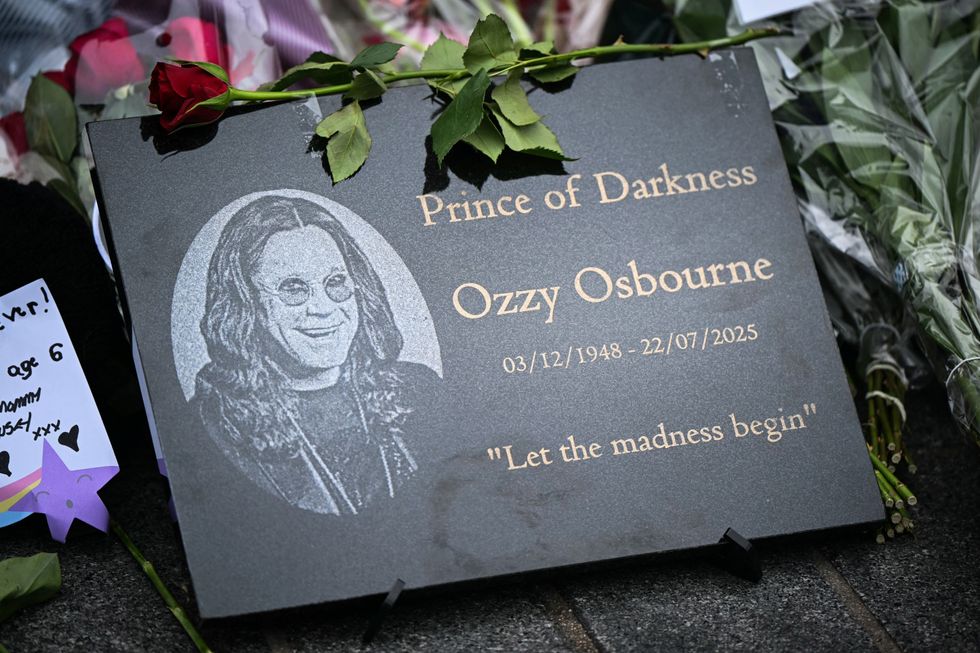From the past few days, there have been strong reports about Akshay Kumar collaborating with the producers of his movie Airlift, Emmay Entertainment, once again. And well, the reports have turned out to be true.
The actor recently took to Twitter to announce Bell Bottom. Along with the first look of the film, Akshay tweeted, “Get ready to go back to the 80’s and hop onto a roller-coaster spy ride, #BELLBOTTOM! Releasing on 22nd January, 2021. @ranjit_tiwari @vashubhagnani @jackkybhagnani @honeybhagnani @monishaadvani @madhubhojwani @nikkhiladvani @EmmayEntertain @poojafilms.”
Along with Emmay Entertainment, the movie will also be produced by Pooja Films. Set in the 80s, it was said that the movie is a remake of a Kannada film with the same name. However, Akshay took to Twitter to clarify that it is not a remake.
When a fan asked him if it’s a remake of the Kannada film, the actor replied, “#BellBottom is not a remake of any film, it is an original screenplay inspired by true events.”
This is not the first time Akshay will be seen in a period drama; earlier also he has been a part period films like Airlift, Rustom, Once Upon Ay Time In Mumbaai Dobara, and more. Well, now we are keen to know which true incidents Bell Bottom is inspired from.
Directed by Ranjit Tiwari, Bell Bottom is slated to hit the screens on 22nd January 2021. It will be a Republic Day weekend release, so we are sure the movie will have a patriotic angle in it. While we know that Akshay plays the lead role in the film, we wait to see who will be seen opposite the actor in the film.















 Chinese singer Zhang Yiyang executed for murdering teenage girlfriend, public backlash grows over film released after death Screengrab/K-Sélection
Chinese singer Zhang Yiyang executed for murdering teenage girlfriend, public backlash grows over film released after death Screengrab/K-Sélection  Chinese singer Zhang Yiyang executed for murdering teenage girlfriend, public backlash grows over film released after death Screengrab/KBIZoom
Chinese singer Zhang Yiyang executed for murdering teenage girlfriend, public backlash grows over film released after death Screengrab/KBIZoom 
 Ozzy Osbourne, the godfather of heavy metal, redefined rock with his haunting vocals, wild persona, and anthems that shaped generations.Getty Images
Ozzy Osbourne, the godfather of heavy metal, redefined rock with his haunting vocals, wild persona, and anthems that shaped generations.Getty Images 
